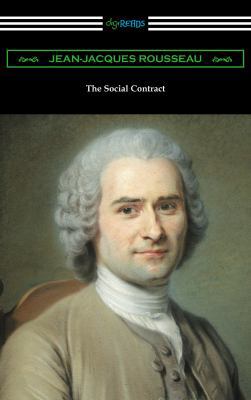All Formats & Editions
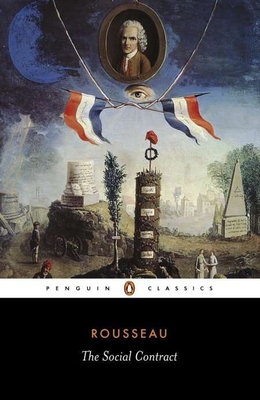
The Social Contract
'Man was born free, and he is everywhere in chains' These are the famous opening words of a treatise that has not ceased to stir vigorous debate since its first publication in 1762. Rejecting the view that anyone has a natural right to wield authority over others, Rousseau argues...

The Social Contract
"Man was born free, and he is everywhere in chains"
These are the famous opening words of a treatise that has not ceased to stir vigorous debate since its first publication in 1762. Rejecting the view that anyone has a natural right to wield authority over others,...

The Social Contract (Penguin Books for Philosophy)

The Social Contract
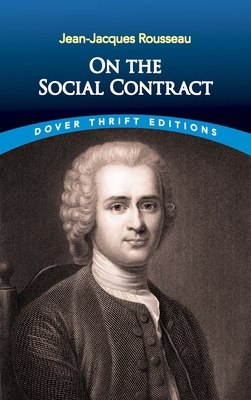
On the Social Contract
"Man was born free, but everywhere he is in chains. This man believes that he is the master of others, and still he is more of a slave than they are. How did that transformation take place? I don't know. How may the restraints on man become legitimate? I do believe I can...
![Toplum Sozlesmesi - Hasan Ali Yucel Klasikler [Turkish] 9754589488 Book Cover](https://m.media-amazon.com/images/I/418TCPjAiUL._SL500_.jpg)
Toplum Sozlesmesi - Hasan Ali Yucel Klasikler [Turkish]
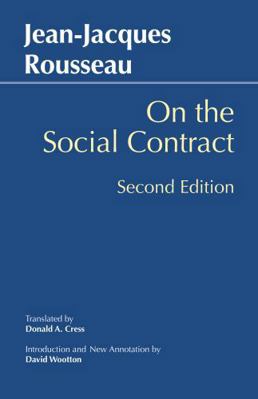
On the Social Contract
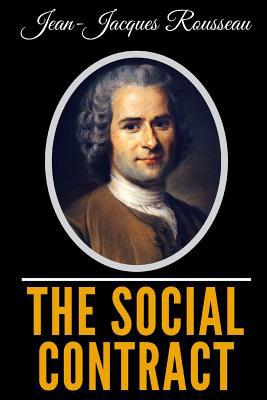
The Social Contract
Rousseau has suffered as much as any one from critics without a sense of history. He has been cried up and cried down by democrats and oppressors with an equal lack of understanding and imagination. His name, a hundred and fifty years after the publication of the Social Contract,...

The Social Contract
Jean-Jacques Rousseau (28 June 1712 - 2 July 1778) was a major Genevan philosopher, writer, and composer of 18th-century Romanticism. His political philosophy heavily influenced the French Revolution, as well as the overall development of modern political, sociological and educational...
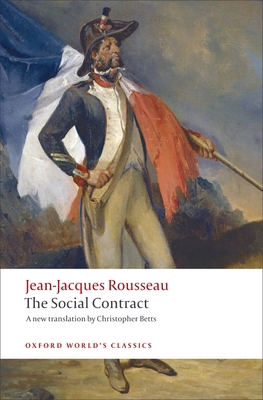
Social Contract
Revolutionary in its own time and controversial to this day, this work is a permanent classic of political theory and a key source of democratic belief. Rousseau's concepts of "the general will" as a mode of self-interest uniting for a common good, and the submission of the individual...
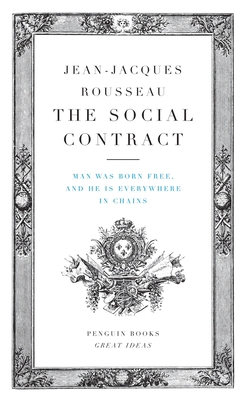
The Social Contract: Man Was Born Free, and He ...

The Social Contract
![El Contrato Social (Spanish Edition) [Spanish] 1979567298 Book Cover](https://i.thriftbooks.com/api/imagehandler/l/36193E515E74AB37B8F1B35079D2BA3602AEE191.jpeg)
El Contrato Social (Spanish Edition) [Spanish]
![El Contrato Social [Spanish] 8418933232 Book Cover](https://i.thriftbooks.com/api/imagehandler/l/D936E7DA113F272129EA9744EDB19DCECBF27B53.jpeg)
El Contrato Social [Spanish]
El contrato social, su obra m?s c?lebre, parte de esta idea y transmite un claro mensaje a favor de la libertad. Las conclusiones expuestas en este texto sirvieron de base ideol?gica para los primeros revolucionarios franceses. El contrato social begins from...
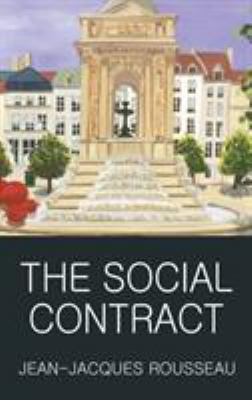
The Social Contract
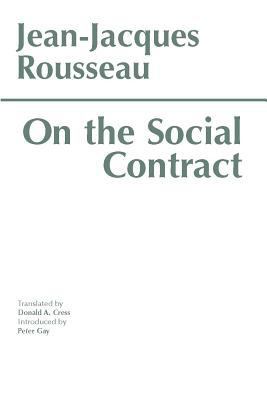
On the Social Contract
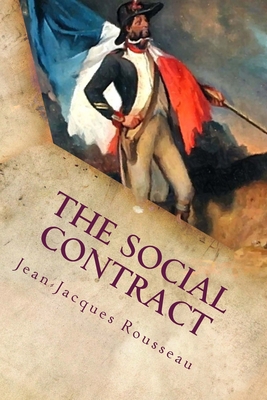
The Social Contract: Annotated

The Social Contract: Man Was Born Free, and He ...
![Du contrat social (GF) (French Edition) [French] 2081275236 Book Cover](https://i.thriftbooks.com/api/imagehandler/l/0072EFBC9C7E1C2C2BCB82F10CD0E1581CCF4257.jpeg)
Du contrat social (GF) (French Edition) [French]
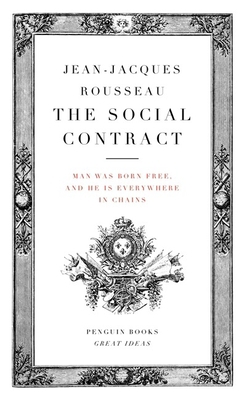
Great Ideas Social Contract
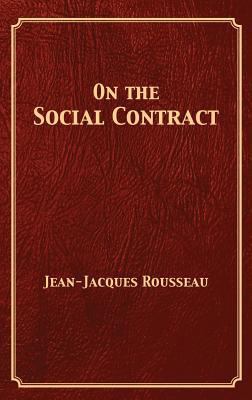
On the Social Contract
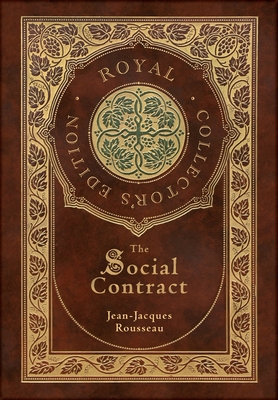
The Social Contract (Royal Collector's Edition)...
![The Social Contract (French-English Text) (Fren... [French] 1909669075 Book Cover](https://m.media-amazon.com/images/I/51AITSwfgFL._SL500_.jpg)
The Social Contract (French-English Text) (Fren... [French]
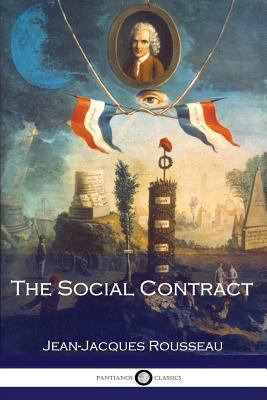
The Social Contract
